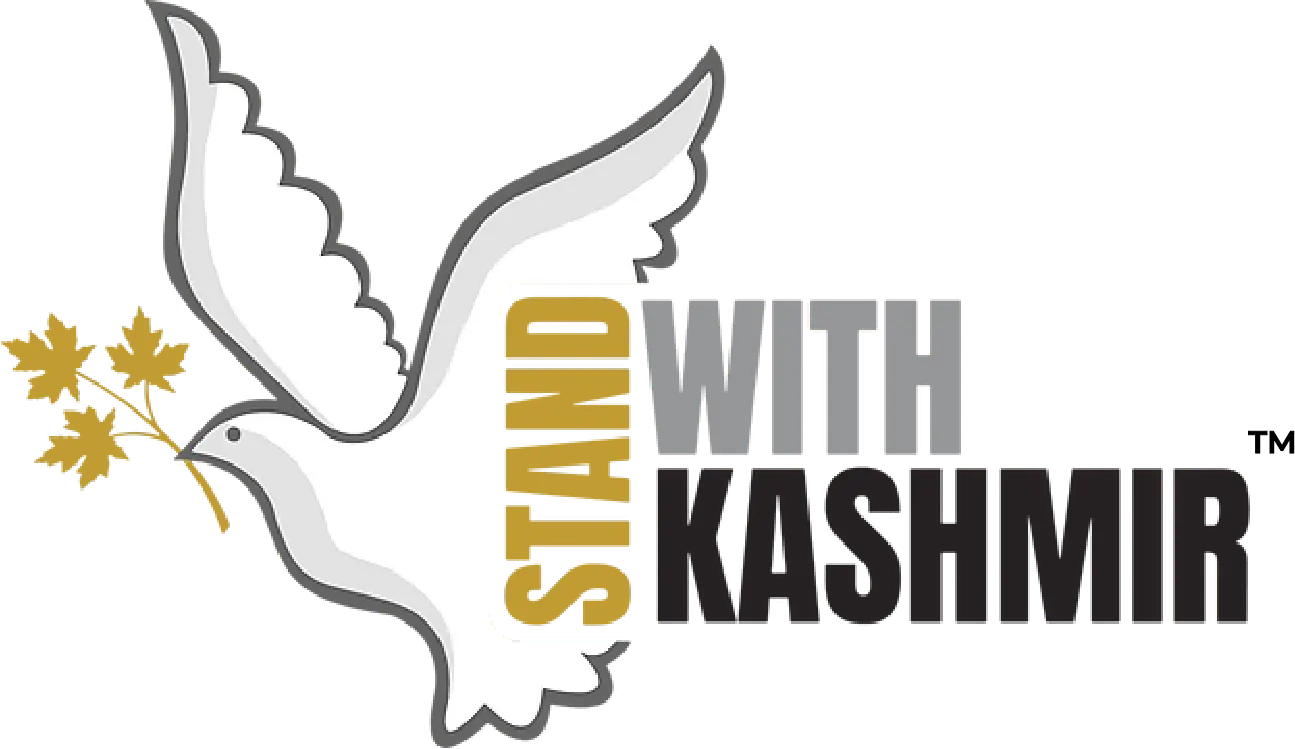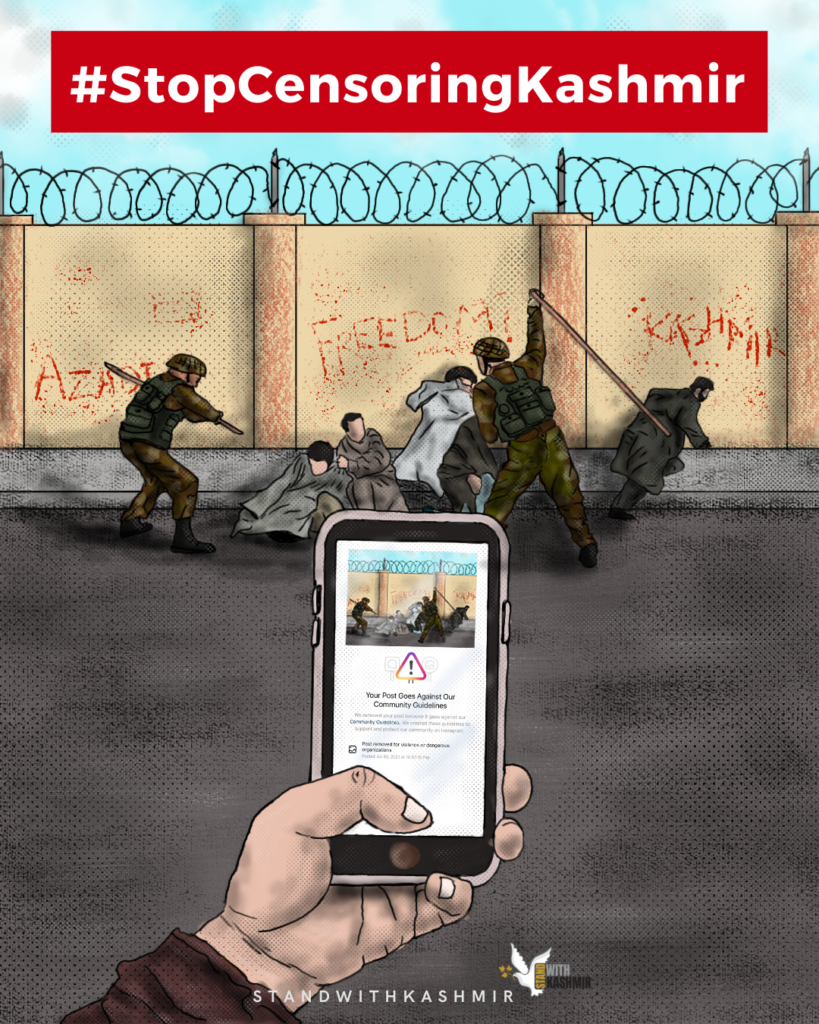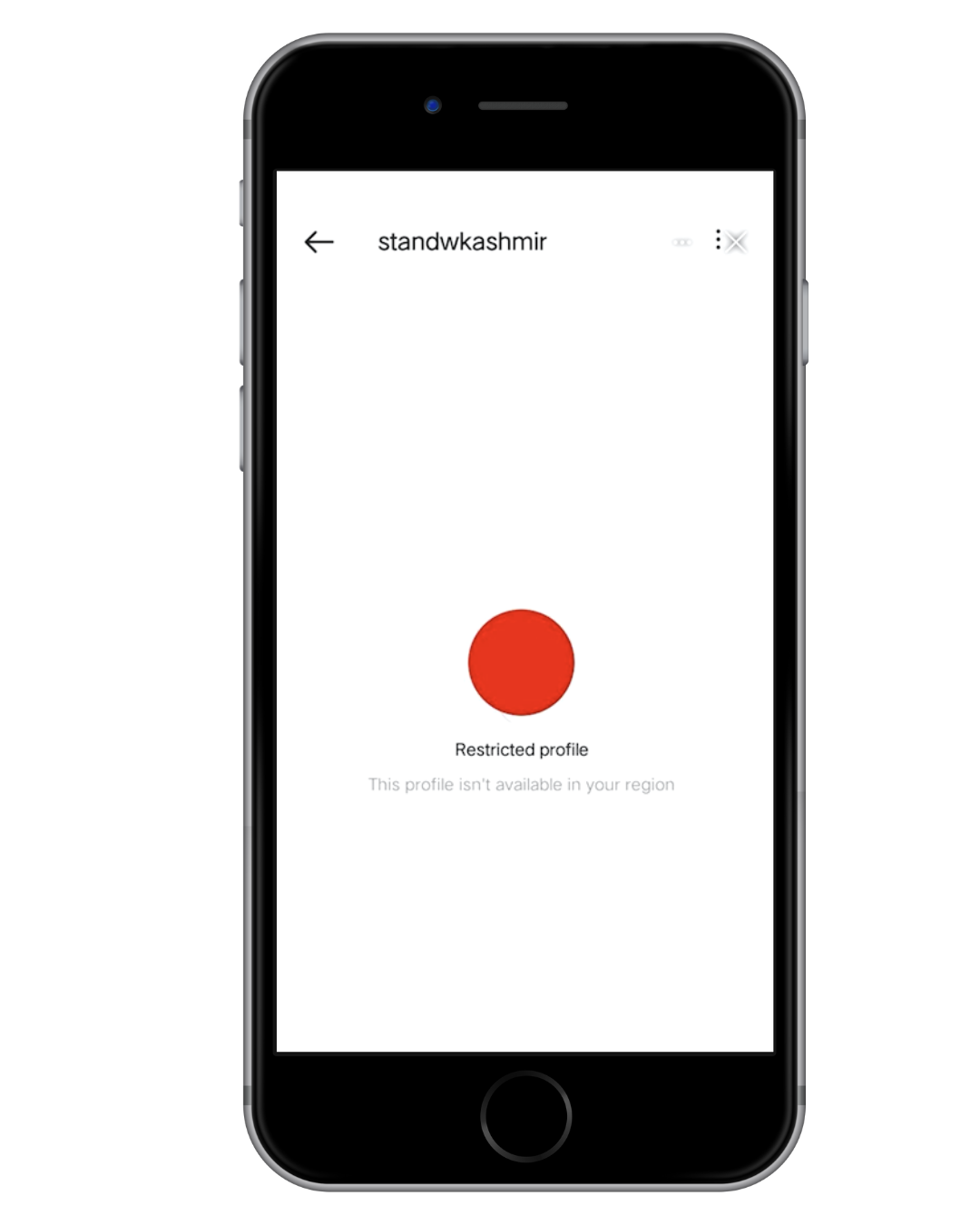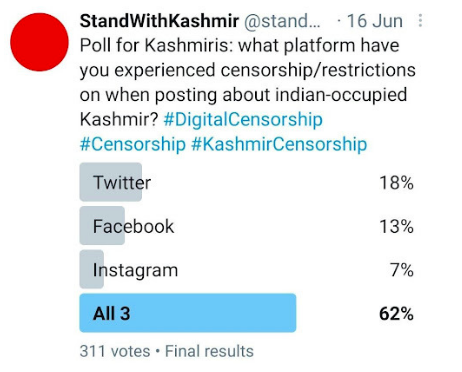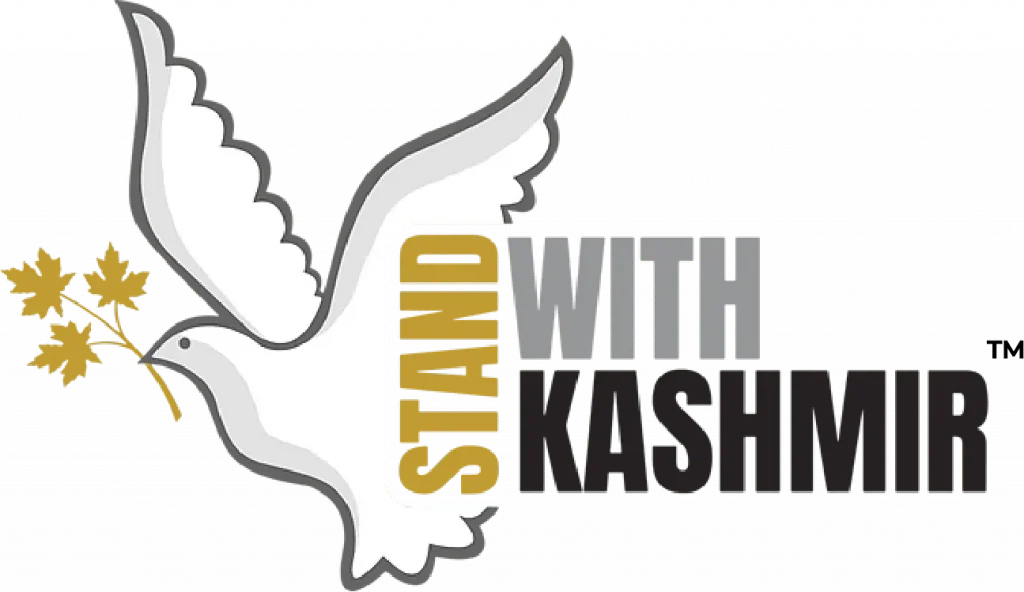We urgently call upon social media corporations to do the following…
» Immediately reinstate all content removed and accounts suspended in violation of international norms of freedom of expression.
» Undertake a human-rights impact assessment of the situation in Kashmir that takes into account India’s military occupation of Kashmir, its human-rights record in the region in particular its history of blockading tele-communications services and its curtailment of Kashmiri people’s political speech and expression. Such an assessment must inform the corporation’s policies, products, programs and partnerships in the region with regard to the protection of freedom of expression and protection of privacy.
» Investigate reports pointing to Indian government and political parties’ long-standing use of “IT cells” for creating disinformation and suppressing marginalized populations in the digital space by trolling and mass-reporting accounts. Disinformation and troll accounts must be removed from the platforms.
» Hire fact-checkers to look at content pertaining to Kashmir with a human rights and anti-occupation lens.
» Make publicly available detailed information on content or removal requests by the Indian government or actors affiliated with it including the number of requests received, the nature of the request and the corporation’s response to the request.
» Provide transparency on the restriction or removal of user’s content related to Kashmir based on their current Community Standards or Policy. Social media companies must establish exactly what portion of the content violated its Community Standards or Policy on a case-by-case basis.
» Suspend the use of AI mechanisms for review of Kashmir-related content and form Ethics Committees of independent Kashmiri researchers, scholars and civil society groups with expertise in human-rights and international law, to review content removal and restrictions related to Kashmir, subject to data privacy and protection requirements. Such a committee should also look at the effectiveness and fairness of current redressal mechanisms made available by the corporations with a view to regaining the trust of censored users.
» Corporations must designate specific staff members for conducting outreach with civil society groups and advocacy organizations in an issue-specific and need-based manner. Outreach staff must have training in human rights to understand the complexities of a particular issue and gauge community needs.
» Increase investment in Hindi-language and Hinglish content moderation and create a database of hate speech and Islamophobic terminology that harms Kashmiris and marginalized populations in India.
1. Tweet about the censorship on Kashmir by copying these pre-written tweets below:
@Facebook, @TwitterSupport, & @InstagramComms are silencing Kashmiri voices online by removing content, suspending user accounts & engaging in algorithmic manipulation of content critical of India’s military #occupation & #settlercolonialism in the region. #StopCensoringKashmir
Social media corporations must end their complicity in the ongoing digital occupation of #Kashmiri voices both inside and outside indian-occupied Kashmir. @instagramcomms @mosseri @jack #StopCensoringKashmir
@Facebook, @TwitterSupport, & @InstagramComms must reinstate affected content and accounts, provide transparency into why content was removed and fulfill their human-rights obligations to people living in the world’s most militarized region. #StopCensoringKashmir #FreeKashmir
2. Get your organization to sign our statement.
➜ https://bit.ly/eoccupied
3. Share & amplify this campaign.
Share this campaign page’s link along with the following graphics below:
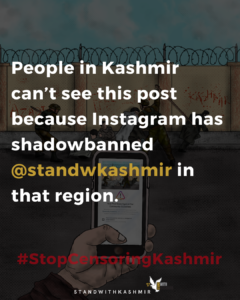
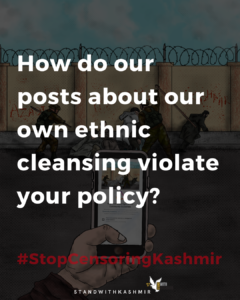
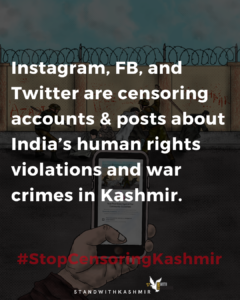
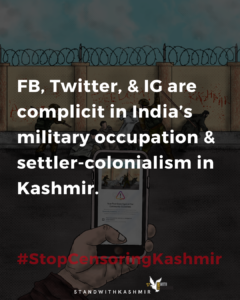
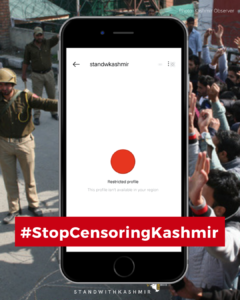
4. Cover this story if you’re a journalist or a creative.
Feel free to contact our Media Team at media@standwithkashmir.org for more information!
